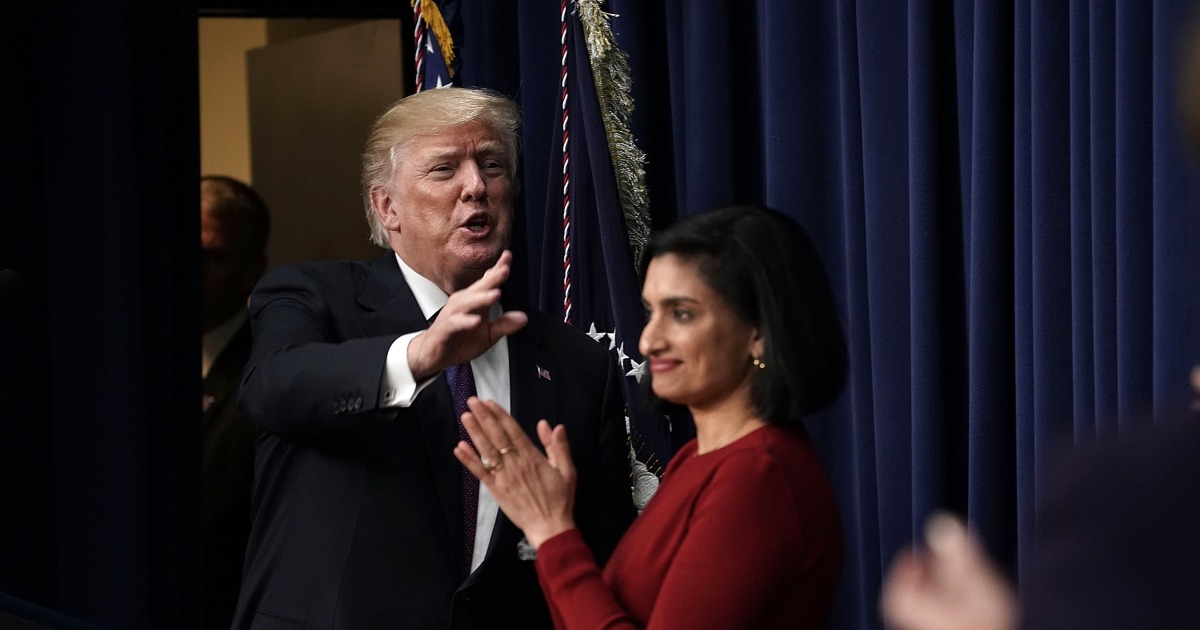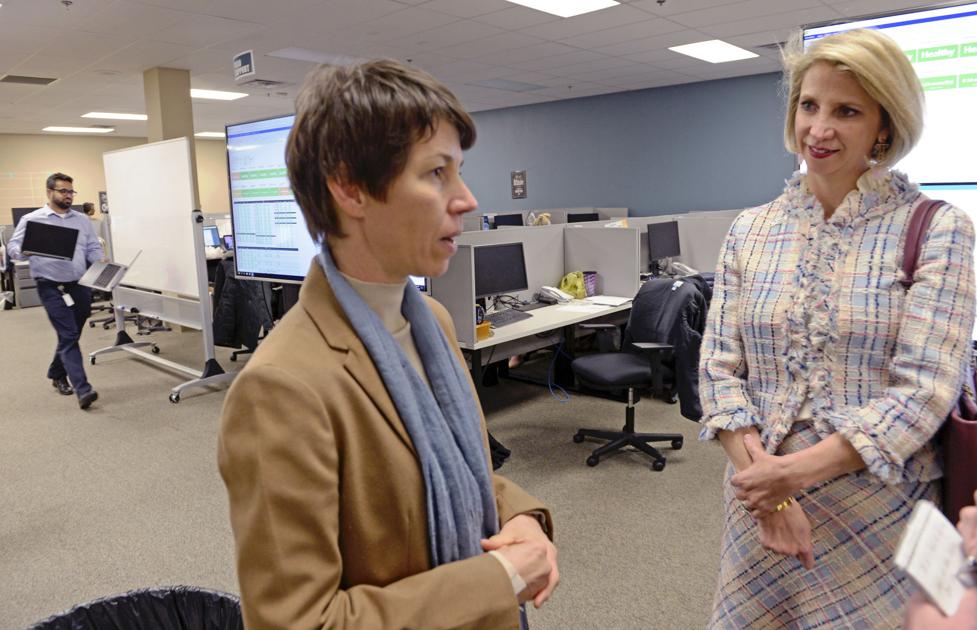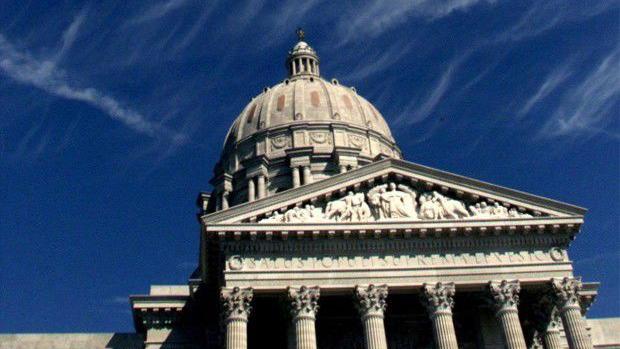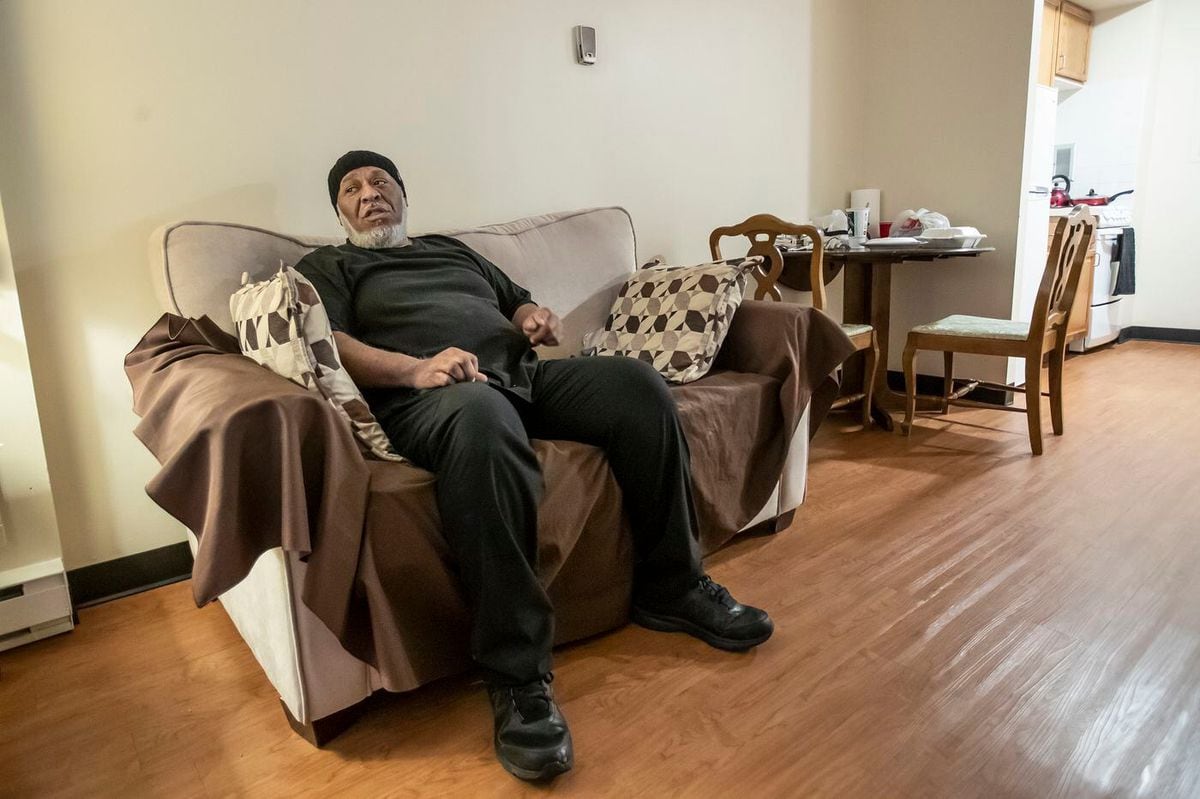Starting Monday, low-income immigrants who are on public benefits— or will one day need them— will be denied a visa or green card, despite having entered the U.S. legally.
The pending federal rule changes could push a million kids off free or reduced-price school meals, at least temporarily.
Small rural hospital administrators are concerned that if the changes go through, they may have to close, one expert said.
Kids need at least 14 doctor visits by age 6, pediatricians say.
Louisiana’s health department has sent nearly 24,000 Medicaid recipients letters warning they will lose coverage if they don’t prove they qualify for the program, marking a full year of a
Advocates for the poor sound alarm as the GOP-led Legislature weighs plans to limit access to most social welfare programs.
The president has reveled in the declines in Americans receiving aid from several government programs in recent years, citing his economic policies as a catalyst.
The firm that staffed the emergency room with doctors at Nashville General Hospital was taking more patients to court for unpaid medical bills than any other hospital or practice in the city.
Half of all charity care in Chicago falls to one health system.
Georgia’s maternal mortality rate is higher than the U.S. average. A Medicaid limit and OBGYN shortage in rural areas are factors.
“We’re losing a shocking number of mothers each year.”
A lot is riding on the experiment, because the sickest 1 percent of the population accounted for 22 percent of $3.3 trillion in national health-care spending, according to a recent federal estimate.
At community colleges, many students are spending nights on friends’ couches or sleeping in cars. Advocates are pushing for solutions, including safer places to park overnight.













